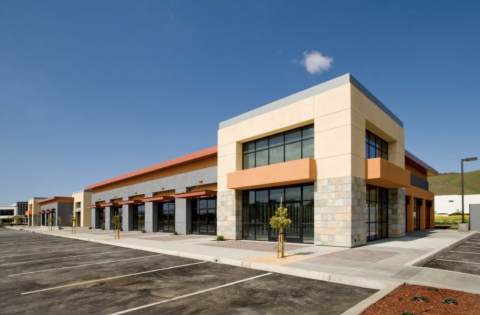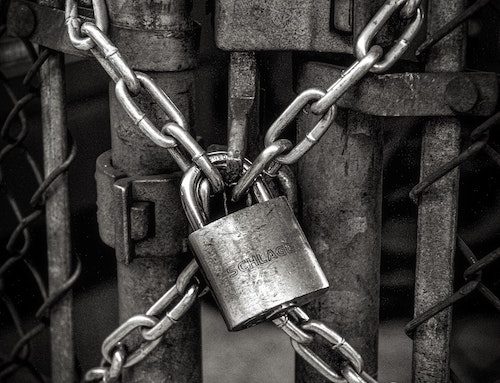 Question: I have recently listed a small liquor store. The seller is interested in selling the business, the inventory and the building itself. Can I expect to have a single purchase agreement when an offer is made?
Question: I have recently listed a small liquor store. The seller is interested in selling the business, the inventory and the building itself. Can I expect to have a single purchase agreement when an offer is made?
Answer: Many Bulk Sale or Business Opportunity transactions are for businesses that are leasing their existing location. In such a transaction, the buyer applies for an assignment of the existing lease, or obtains a new lease from the Lessor/Landlord.
What you are describing is a transaction where the seller owns the building as well, so there is no third party landlord involved in the transaction.
During the term of a Bulk Sale transaction, buyers and sellers need to agree on an “allocation” of the purchase price. There are several reasons for this, including the requirements by Alcoholic Beverage Control (if there is a liquor, beer or wine license included in the sale), and/or the California Department of Tax and Fee Administration (CDTFA, formerly Board of Equalization or BOE), requirements of lenders (in the event the buyer is financing some or all of the purchase price), and for accounting and taxation purposes of the buyer and/or seller.
The allocation breaks out the entire purchase price between different categories, such as “good will”, furniture, fixtures and equipment, inventory of saleable goods, the value of the ABC license, etc.
Buyers and sellers must agree on the allocation in writing during escrow, to determine, among other things, the amount of sales tax that will be due CDTFA at closing.
When the business premises (building) is included in the sale, the value of the real estate apart from the value of the business assets is particularly important. On the seller’s side, tax reporting (IRS/1099) and tax withholding (FTB 593C), and documentary transfer tax will be based on the value of the real estate established by the parties. On the buyer’s side, the value establishes a basis in the property, for future tax purposes, including possible depreciation for years to come. The value of the real estate established and agreed upon by the parties will also determine the amount of the property taxes that will be assessed by the County Tax Assessor for the business location after closing.
While a buyer may bring an offer for one single dollar amount for all of the business assets and real estate, the parties will need to further allocate the items included in order to process and close the escrow. Ideally, the offer should be on separate purchase agreements, one for the Commercial Real Estate, and one for the Business Assets. If it doesn’t start out that way, it can be worked out during escrow. As the state laws governing the sale of business assets, and the sale of real estate differ greatly, there will ultimately be two escrows opened to run simultaneously.
It will be VERY important that the buyer and seller consult with their own accountant and/or attorney to get advice as to how the purchase price should be valued for the business and real estate, so that the needs of both parties are considered.
For the benefit of your clients, an escrow officer well versed and experienced in these complex transactions will make all the difference. We look forward to working with you!

Cynthia Moller
661.362.0400
cmoller@glenoaksescrow.com



